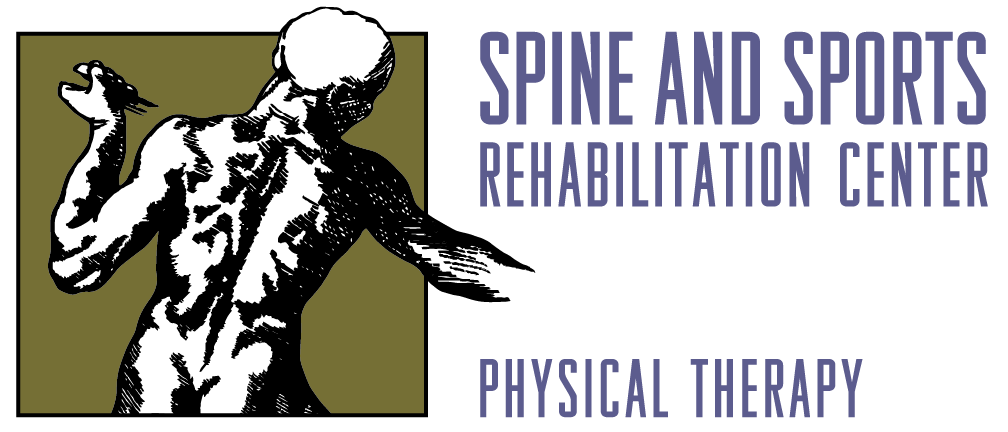how to protect yourself from the sun
Wearing clothing that is suitable for extreme heat will make a difference in how your body handles the summer sun. The type of clothing you wear effects how well air can circulate over your skin to allow heat to dissipate and moisture (sweat) to evaporate. If sweat cannot evaporate from your skin, then skin temperature and discomfort increase.
The following are tips are for appropriate clothing options for the extreme heat and sun of Maryland summers. Always follow your physician’s advice on how much sun and heat is acceptable for your underlying medical conditions.
Appropriate clothing for extreme heat
Wear as little clothing as possible, but enough to keep your skin covered, when outside.
Opt for lightweight, light-colored and loose fitting clothing. Flowing garments allows air circulation and light-colored fabrics help reflect light and, therefore, heat.
Use natural fiber fabrics; silk, cotton, and linen work best in absorbing sweat and allow the skin to breath. Synthetic fibers may retain heat , increasing your body temperature.
Avoid dark colored heavy restrictive fabrics and clothing.
Appropriate clothing for outdoor activities in extreme heat
Wear clothes that cover as much skin as possible to protect against sunburn and skin damage.
Use long sleeve shirts and pants or skirts in a light-weight, loose fitting fabric to provide protection from the sun.
Wear a well-vented, wide-brimmed hat (at least 7.5 cm width) to protect your face, head, neck and ears from the sun.
Sunglasses are and important way to prevent UV rays from scorching your corneas. The American Academy of Ophthalmology, recommends sunglasses that block 99 to 100 percent of UVA and UVB rays.
If you wear heavy clothes for protective reasons, such as sports or work, during hot weather, remove them as soon as possible when they are no longer needed.
Pour cold water over the back of your neck to quickly cool your body if you feel that you are becoming overheated.
Seek medical attention if you begin to exhibit signs of heat exhaustion
Cool, moist skin with goose bumps when in the heat
Headache
Heavy sweating
Faintness
Dizziness
Fatigue
Weak, rapid pulse
Low blood pressure upon standing
Muscle cramps
Nausea
Hopefully these tips help you enjoy a cooler and healthier summer season.

